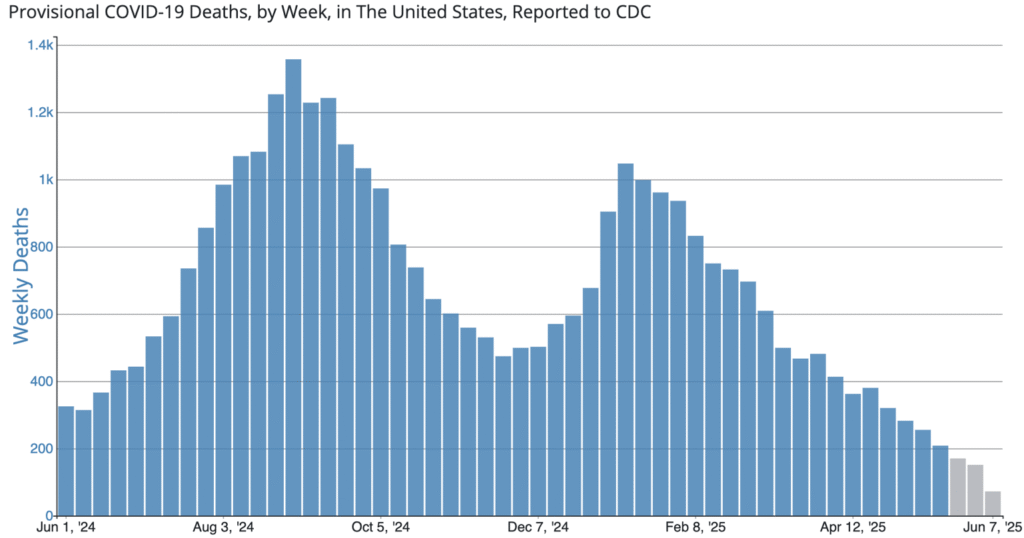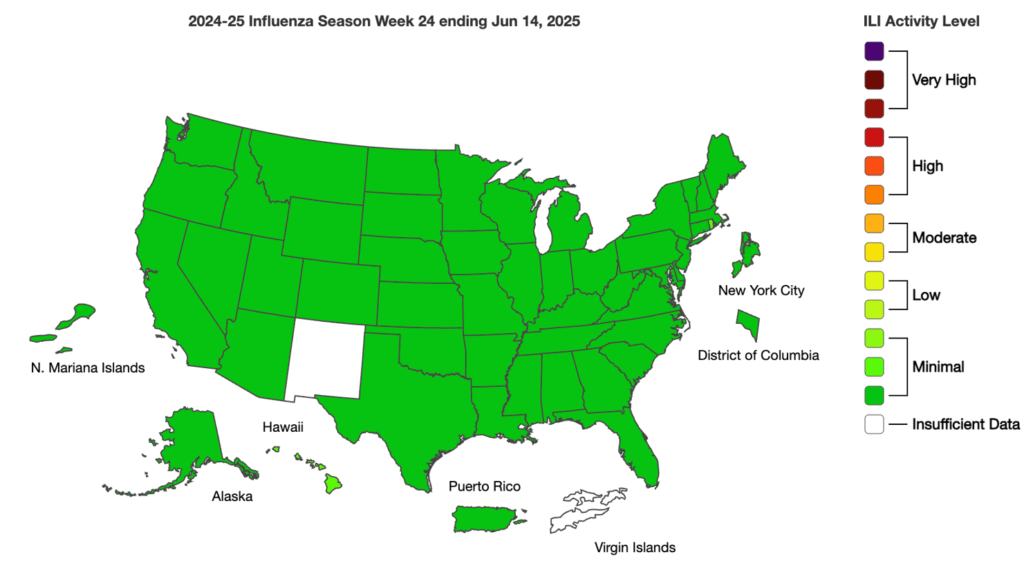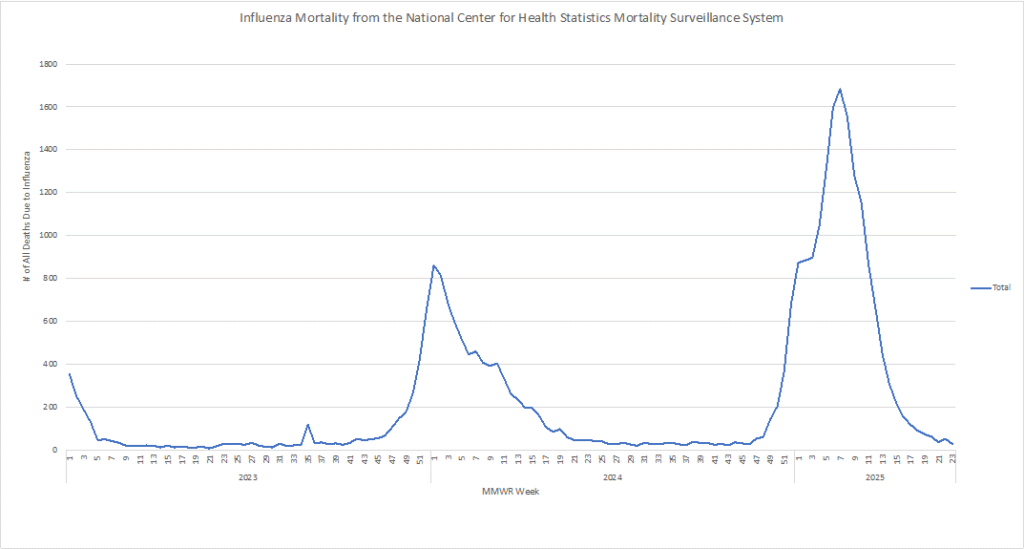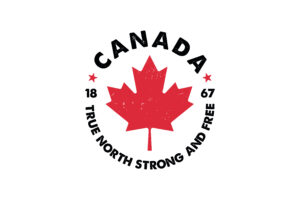Similar to the way that airborne pollen can trigger seasonal allergies, a new study presented at the American Society for Microbiology annual meeting suggests that airborne fungal spores may be linked to viral surges. The study suggests that monitoring airborne fungal spores could help predict seasonal surges of respiratory virus infections, such as influenza and COVID and provide an “early warning system” to public health systems.
Conducted in Puerto Rico, because of its consistent and endemic year-round presence of airborne fungi and pollen, the research was undertaken to study the short-term impact of environmental exposure to fungal spores and pollen, and its potential to trigger or increase respiratory viral infections.
The researchers studied the daily incidence of people diagnosed with COVID-19 and flu, and the concentrations of airborne fungal spores and pollen recorded on the same days from 2022-2024 in two major health regions in Puerto Rico. The data showed that airborne concentrations of fungal spores were strongly linked to increases in flu and COVID-19 cases, with an increase in infections occurring within a few days of an increase in airborne fungal spores.
Thus, the study suggests that monitoring airborne fungal spores could help predict flu and COVID spikes. It also indicates that environmental factors could contribute to the spread of infection, along with that of person-to-person spread. The researchers intend to follow this study with further research to determine if the environmental exposures also correlate with severe outcomes, and if the patterns are consistent in other areas of the world as well.
COVID Risk Matrix:

Influenza:


Infectious Disease News:
- As of mid-June, the UK Health Security Agency reported 28 cases of botulism in the Northeast of the country related to unlicensed cosmetic Botox injections. This is a large increase compared to the six cases reported in 2023-2024. The reported symptoms include paralysis, respiratory issues, severe drooping of the eyelids, double vision, swallowing difficulties, slurred speech, and lethargy, and patients required treatment with antitoxin. Healthcare providers are urged to remain on the lookout for additional cases, as they can continue to occur for up to 4 weeks after exposure to the toxin.
- While not common, botulism has been reported in relation to such cosmetic procedures. Typically, this occurs if the injected botulism toxin spreads beyond the targeted tissue and enters the bloodstream, causing effects due to inappropriate injection.
- Cambodia has reported its 5th death due to H5N1 infection. The man who died had contact with diseased poultry before his respiratory symptoms began. A total of 6 cases have been reported in Cambodia this year so far, and 5 have been fatal. Tamiflu has been given to contacts of the patients to help limit additional cases.
- The US CDC continues to stress the need for consideration of Hep A vaccination before travel to countries with high numbers of cases, such as Hungary. Recently, the European CDC reported dozens of cases in countries including Hungary, Austria, and Slovakia with a high probability of sustained transmission.
- A recent presentation at the American Society for Microbiology highlighted that high levels of detected fungal spores in the air, especially in the Fall, were linked to a subsequent higher incidence of COVID and flu infections. This suggests the value of air monitoring.
- Cholera cases are increasing around the world. Through the end of May, more than 200,000 cases and 2,700 deaths have been reported. More cases are reported in Africa in regions where ongoing conflicts, population movement, and damaged water and sanitation infrastructure persist.





